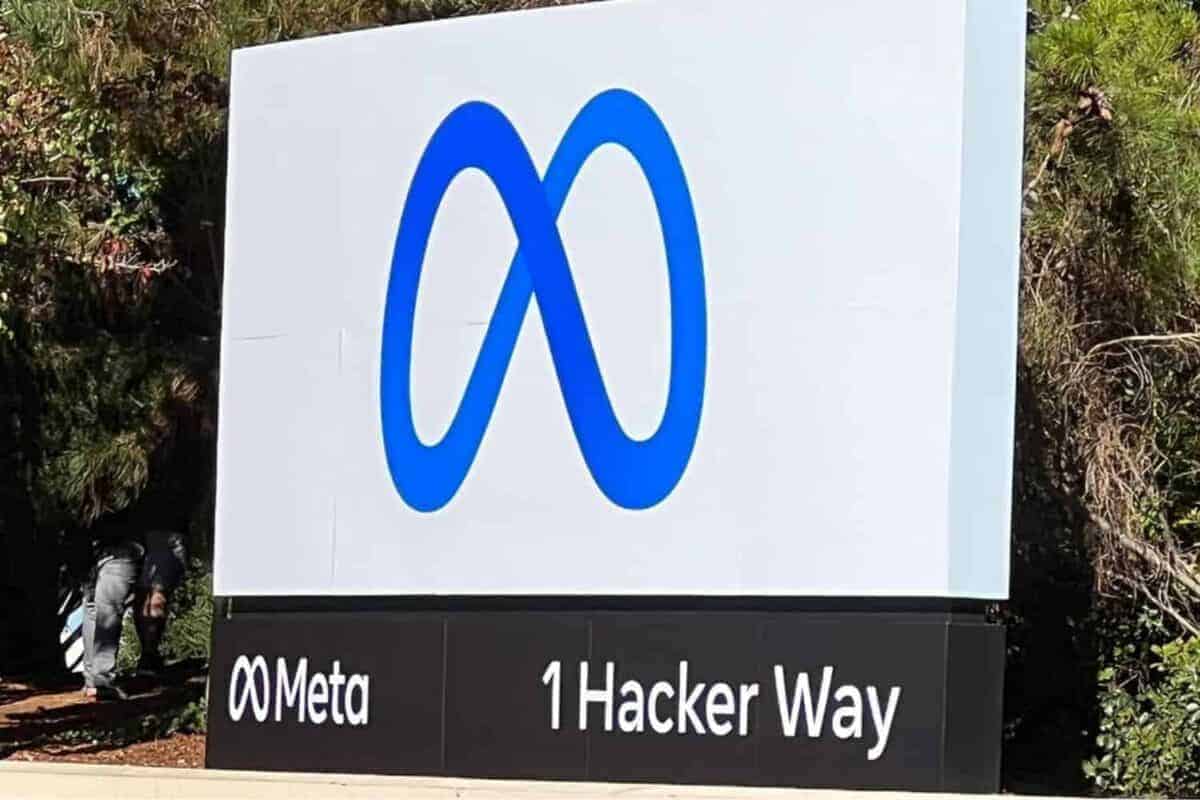Scams impersonating government officials surged 200% this year, prompting Singapore to order Meta to take stronger action on Facebook.

Singapore said on Thursday it had given Meta until September 30 to clamp down on the growing number of scammers pretending to be government officials or face hefty fines.
Meta’s Facebook is the top platform used by fraudsters to carry out the scams, which have cost victims tens of millions of dollars, according to the city-state’s government.
Police directive under new online harms law
The Ministry of Home Affairs (MHA) said the police issued a directive to Meta “to put in place measures to target scam advertisements, accounts, profiles, and/or business pages impersonating key Government Office Holders on Facebook” by September 30.
Failure to comply “without reasonable excuse would render Meta liable on conviction to a fine” of up to Sg$1.0 million (US$776 000), the MHA said.
Non-compliance after the deadline will subject Meta to a further fine of up to Sg$100 000 “for every day or part of a day during which the offence continues after conviction”, it said.
There was a rise in scammers on Facebook pretending to be government officials in fake advertisements, accounts, profiles and business pages between June 2024 and June 2025, the MHA said.
ALSO READ: Spotify pushes AI transparency with new music labelling rules
It said Meta had taken steps to address the risk of impersonation scams globally, including in Singapore, but authorities were concerned that they have continued.
It was the first time the police ordered an online platform to tackle the rising scam problem in the city-state under the Online Criminal Harms Act passed last year.
Deepfakes and crypto fraud cases
Minister of State for Home Affairs Goh Pei Ming said this month that, in the first half of this year, scams involving the impersonation of government officials rose by 200 percent from the previous year to more than 1 760 cases.
In one notorious example, scammers used deepfakes or images of Prime Minister Lawrence Wong this year to sell fraudulent cryptocurrency investment schemes.
Losses to impersonation scammers rose by about 90 percent to Sg$126 million in the first half of 2025, according to Goh.
There was no immediate reaction from Meta, although it said this month that the firm was against ads that deceptively use public figures to try to scam people.
NOW READ: US announces deal with China to take control of TikTok






